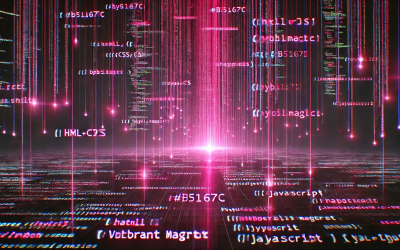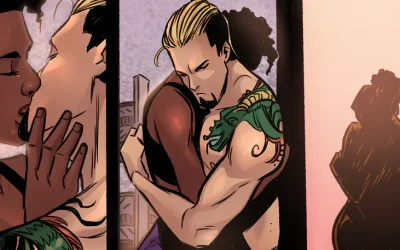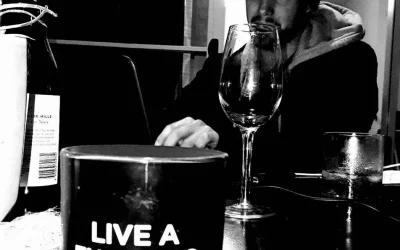A brief exploration into cosmic dread by The Darkest Shade Creator R.J Redle.
INTRODUCTION
Cosmic horror, known for its portrayal of humanity’s insignificance in the face of vast, indifferent cosmic forces, has evolved from its literary roots into a significant cultural phenomenon. This genre’s exploration of existential dread and the unknowable spans literature, comics, and film, demonstrating its adaptability and enduring impact.
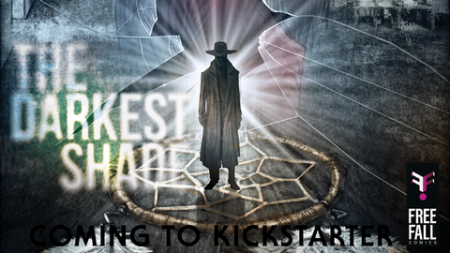
LITERARY FOUNDATIONS
The origins of cosmic horror can be traced to the late 19th and early 20th centuries. Edgar Allan Poe’s exploration of madness and the grotesque in tales like “The Tell-Tale Heart” laid early groundwork. However, H.P. Lovecraft is credited with defining the genre through his Cthulhu Mythos, with stories such as “The Call of Cthulhu” and “At the Mountains of Madness.” Lovecraft’s cosmic entities are characterized by their vast, alien nature, emphasizing humanity’s insignificance and cosmic indifference. Lovecraft’s influence extended to writers like Robert E. Howard and Algernon Blackwood, who expanded on these themes, focusing on the terror of confronting the unknowable and the existential dread of humanity’s place in the universe.
THEMATIC CORE
Cosmic horror centers on the idea that the universe is vast and indifferent, inhabited by entities beyond human understanding. Central to this genre is the concept of “cosmic indifference,” which underscores humanity’s smallness in the grand scheme of the cosmos. Lovecraft’s work often involves forbidden knowledge and existential dread, with characters facing madness upon encountering incomprehensible forces.
IN COMICS
Cosmic horror’s transition to comics brought new dimensions to the genre. Alan Moore’s “Swamp Thing” (1980s) redefined the character by introducing the “Green,” an elemental force beyond human comprehension, blending ecological horror with cosmic dread. Warren Ellis’s “Planetary” also integrates cosmic horror into superhero narratives, exploring ancient extraterrestrial entities and hidden histories. Independent comics, such as “The Lovecraft Anthology: Strange Tales,” demonstrate the genre’s continued relevance and innovation, showcasing how cosmic horror can be reimagined and adapted within the comic medium.
IN CINEMA
Cosmic horror’s cinematic evolution highlights its visual and thematic impact. John Carpenter’s “The Thing” (1982), based on John W. Campbell Jr.’s “Who Goes There?”, explores paranoia and existential dread through an alien entity that absorbs other life forms. Paul W.S. Anderson’s “Event Horizon” (1997) combines science fiction with cosmic horror, depicting a spaceship that opens a portal to chaos and suffering. Recent films like Robert Eggers’s “The Lighthouse” (2019) continue to explore cosmic horror themes through isolation and supernatural elements, using atmospheric tension to evoke cosmic dread. LEGACY AND
INFLUENCE
Cosmic horror’s legacy is evident in its influence across literature, comics, and film. Modern authors like Neil Gaiman and Caitlín R. Kiernan continue to explore cosmic horror themes, while comics and films regularly incorporate these elements into innovative narratives. The genre’s ability to evolve while retaining its core themes of cosmic indifference and existential dread underscores its enduring significance and impact.
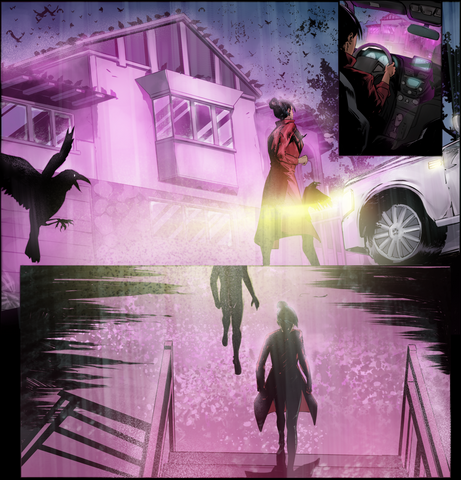
CONCLUSION
From its literary origins to its adaptation in comics and film, cosmic horror remains a profound and compelling genre. Its exploration of existential themes and the terror of the unknown continues to resonate with audiences, reflecting its lasting influence and relevance in modern storytelling
Like what you hear? Why not grab a copy of The Darkest Shade Book 1 when it launches on Kickstarter this year?
CLICK HERE
https://www.kickstarter.com/projects/freefallcomics/the-darkest-shade-book-1
Written By R.J Redle
FREEFALL COMICS
3 Hiller St
Brighton QLD 4017
(208) 555-5555
About Us
Freefall Comics is dedicated to delivering unforgettable stories and stunning artistry. With a passion for innovation and storytelling, we bring characters and adventures to life that resonate with readers worldwide.
Creator-Owned Books
At Freefall Comics, creators retain full ownership of their work, including all rights to their stories and characters. We believe in empowering creators to bring their unique visions to life while maintaining complete creative control.


